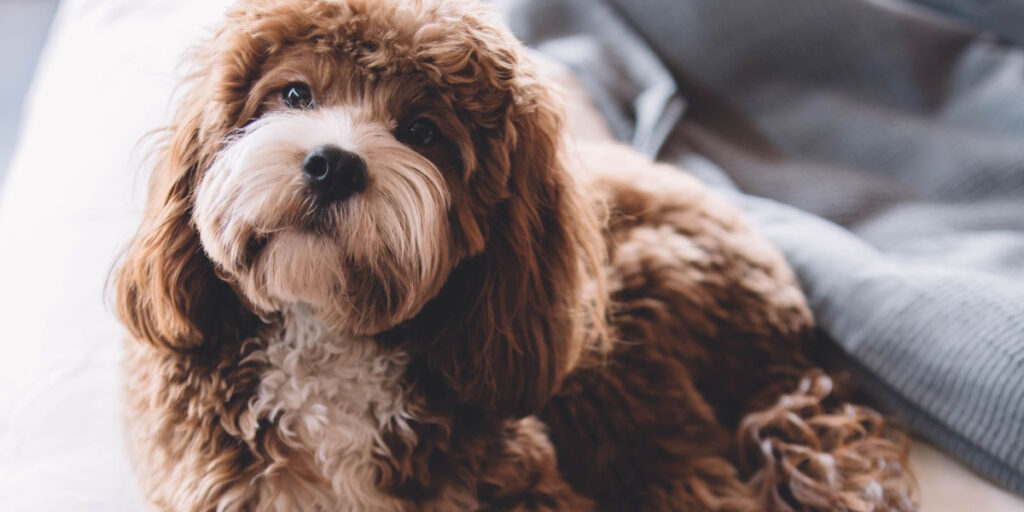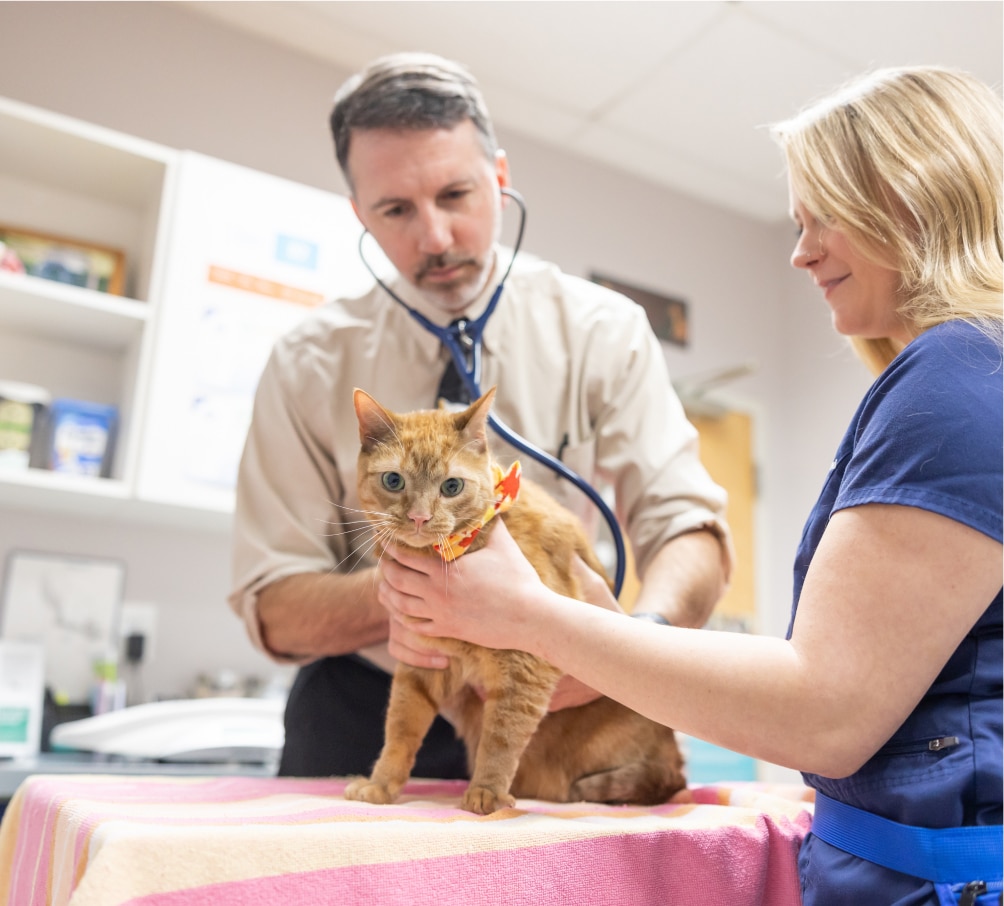No one wants to see their pet have to go through surgery, but sometimes it’s necessary to improve their quality of life. To give your pet the best chance of a speedy, full recovery, it’s important that you practice proper post-operative care.
Here are some tips to keep in mind when taking care of your pet after surgery:
Follow the Instructions
Your pet will be sent home from the vet’s office with a list of important instructions. You need to follow these to the letter, including isolating your pet if necessary, keeping them from jumping on and off furniture, and other key directions.
If you have any questions about the post-op instructions, talk with your vet and they can help you better understand them. It’s best to do this before you ever leave the office with your pet, but if you get home and don’t understand something, call the vet’s office for clarification.
Know About General Anesthetic
In many cases, your pet will be given a general anesthetic for the procedure. This makes them unconscious during the surgery so they don’t feel pain and don’t move. It does take some time for this to wear off, and your pet may be sent home with you prior to its effects being completely gone.
A general anesthetic may cause your pet to be sleepy for a while, or to be shaky on their feet. They also may not be as interested in eating when they get home. These are normal side effects that should fade with some rest and time.
Feeding Your Pet
If your pet received general anesthetic, they may feel nauseated or not as hungry for a while. You may want to give them a small portion of a lighter meal, such as rice and chicken (with your vet’s blessing), when they get home. This may be easier on their stomach than their usual food.
Within 24 hours of their surgery, your pet’s appetite should be back to normal. If you notice that your pet’s appetite hasn’t returned after 48 hours post-op, call your veterinarian.
Keep Them Comfortable
Your pet will need plenty of rest after their surgery. If you have small children or other pets, this may require you to isolate your pet in a separate room so they’re not disturbed or they don’t try to get up and run around.
Set up a soft bed for them with plenty of room to stretch out. If you worry that they’ll try to get up and move around too much, consider putting them in a cage temporarily.
Also, you will need to prevent your pet from climbing stairs or jumping up onto furniture, especially if they’ve had orthopedic surgery. This may require you to set up baby gates or other barriers, and to keep a close eye on your pet.
Care for the Incision Site
If your pet had stitches on the inside of the wound, you likely won’t need to do much to care for the incision site besides making sure it’s clean, dry, and well-bandaged. These stitches will dissolve on their own as your pet’s incision heals.
For pets who had stitches or staples placed on the outside of the incision, your vet will have to remove them within 14 days of their surgery. You will be given instructions on any follow-up care for the type of stitches by your vet.
If your pet cannot stop trying to chew, bite, scratch, or otherwise bother their incision site or bandages, you may need to put an Elizabethan collar on them. Most pets will adapt quickly to this collar, but you might have to watch your pet closely or try another collar option as they adjust to the obstacle.
Keeping your pet’s bandages dry is essential to keeping the incision site sterile. If your pet must go outdoors, make sure the bandages are covered in plastic wrap or a bag to prevent moisture, grass, or dirt from getting onto the bandage or their healing skin.
Once you’re back indoors, remove the covering so your pet doesn’t sweat around their incision.
Experienced Pet Surgeons in Frederick, MD
While your pet having surgery is never easy, you can have peace of mind knowing they’re in good hands at Old Farm Veterinary Hospital. Our team of skilled veterinary surgeons and technicians gives your pet the care they need to get better quickly. Schedule your appointment!



